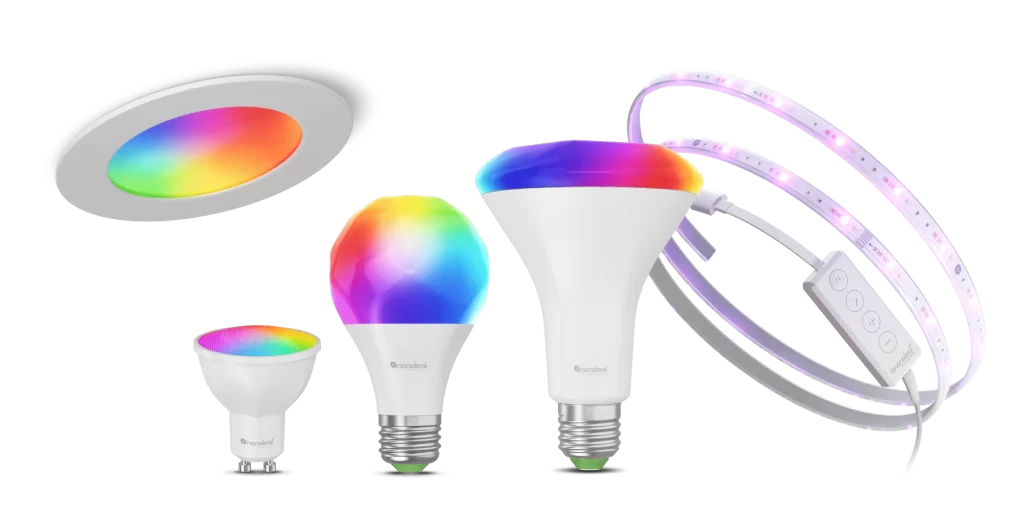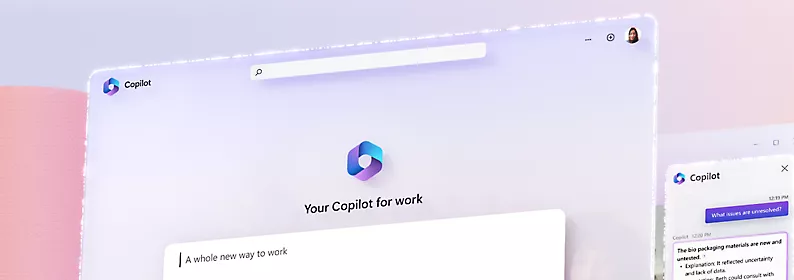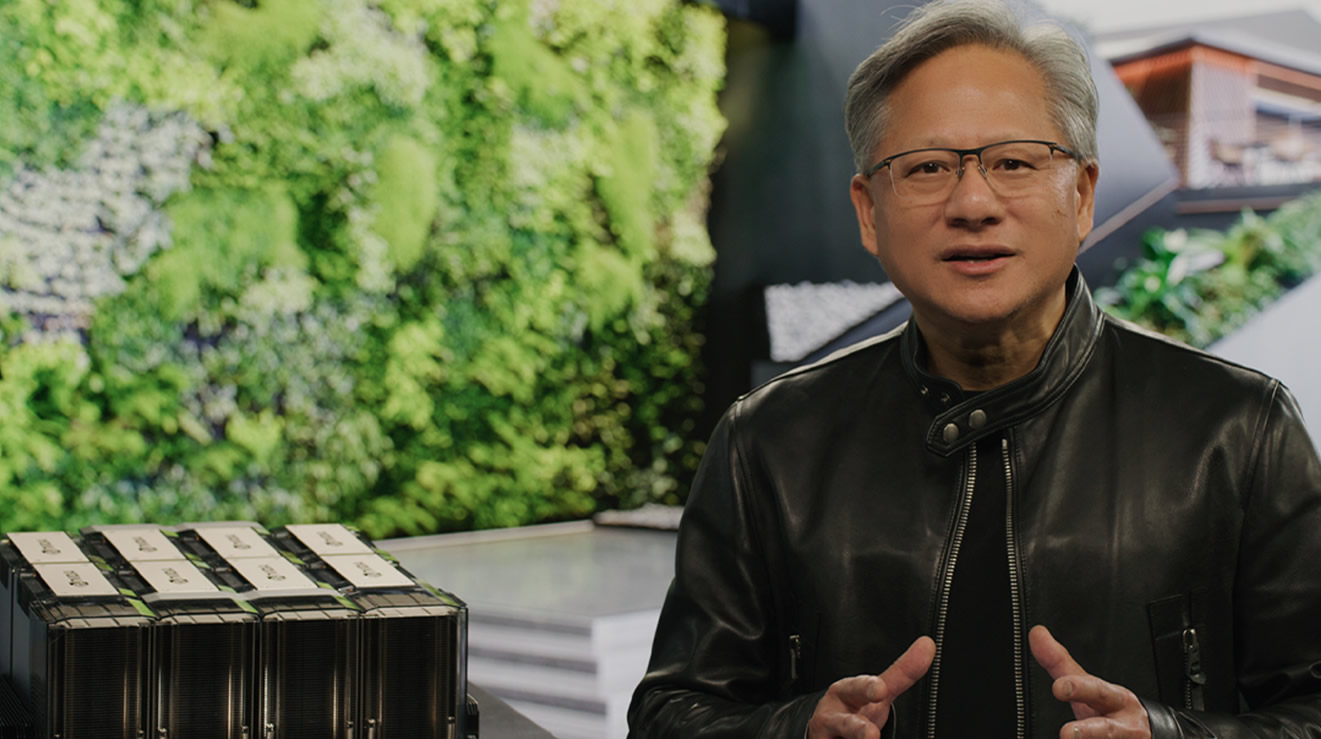Nanoleaf Launches Matter-Compatible Essentials Line
Nanoleaf, the Toronto-based smart lighting company, has announced the launch of its first Matter-compatible smart lighting products. The launch follows the company’s announcement of several new products at CES 2023.
The new bulbs are available in A19 BR30, GUI10, and Downlight sizes and configurations. All of the bulbs are capable of switching between millions of colors, offering customers a wide range of customization options.

In addition, Nanoleaf’s Lightstrip comes in two different smart home flavors: Matter or HomeKit. Matter is a new connectivity standard that promises interoperability between various smart home platforms created by tech companies such as Google, Samsung, Apple, and Amazon. This means that customers can control a Matter product across all of those platforms and services without worrying about compatibility issues.
Nanoleaf’s launch of Matter-compatible smart lighting products adds to the company’s existing line of innovative and customizable smart lighting solutions. The company’s products have been lauded as some of the best smart lights on the market, offering users a unique way to personalize and enhance their home lighting.
With the launch of its Matter-compatible products, Nanoleaf continues to push the boundaries of smart home technology, offering customers a seamless and interoperable lighting solution for their homes.
Aqara G4 Doorbell with AI Face Detection Released
Aqara, a leading provider of smart home products, has announced the availability of its first smart video doorbell, the G4. The 1080p doorbell has wide compatibility with third-party smart home platforms such as Apple Home, Alexa, and Google Home, and is equipped with on-device AI to enable local facial recognition alerts and automation. The G4 doorbell also supports major third-party smart home platforms and is one of the few battery-powered video doorbells on the market that support Apple’s HomeKit Secure Video as well as local streaming to Amazon and Google smart displays.

The doorbell offers AI Facial recognition, adjustable sensitivity, configurable motion detection, and a power-saving mode. It can be installed either wirelessly or via a wired installation and uses a pack of six AA batteries that lasts about four months. Users can store video footage locally or on the cloud via iCloud or the Aqara platform. The G4 video doorbell offers a subscription-free cloud storage of up to seven days of critical event clips such as motion detection, facial recognition, doorbell ring, and tamper alerts.
Moreover, Aqara anticipates adding the support of the new Matter standard to the G4 via a future OTA (over the air) update.
You can read our Hands-on Initial Impressions Here: https://www.smart-home-matters.co.uk/buyers-guide/aqara-doorbell-g4-initial-impressions-and-hands-on-experience/
This Week in Artificial Intelligence
Given the fast pace at which the developments in the world of AI are moving, we have curated a selection of what we consider to be the most noteworthy stories of the week.
First Contact With an AGI System
Microsoft recently decided to alter the original title of an analysis paper focused on GPT-4. The initial title, “First Contact With an AGI System” was changed to “Sparks of Artificial General Intelligence: Early experiments with GPT-4” The paper, spanning 154 pages, offers an engrossing read, even considering the marketing aspect between Microsoft as the investor and OpenAI as the creator of GPT-4.

According to Microsoft, GPT-4’s performance is impressively close to human-level and frequently outshines previous models such as ChatGPT. With the extensive capabilities of GPT-4, Microsoft posits that it could be regarded as an early, albeit incomplete, version of an artificial general intelligence (AGI) system.
Artificial General Intelligence refers to the development of AI that can perform any intellectual task that a human can. This includes things like problem-solving, reasoning, and learning. The development of AGI is considered the next step in AI evolution and could have a profound impact on society, as it has the potential to automate many tasks that are currently performed by humans. However, there are also concerns about the risks and ethical implications of developing AGI.
The paper can be accessed here: https://arxiv.org/abs/2303.12712

Microsoft Co-Pilot
Microsoft also announced 365 Copilot which combines the power of large language models (LLMs), including GPT-4, with data from the Microsoft Graph and Microsoft 365 apps. Which will be integrated into widely used applications such as Word, Excel, PowerPoint, Outlook, and Teams, Copilot can generate new text-based content, analyze data, create designs, and even summarise email or chat discussions.
Emphasising the importance of human input, the term “Copilot” highlights the role this AI feature plays in augmenting human work rather than replacing it. Building on existing AI-powered features in Office, Copilot extends its capabilities to create and manage documents, presentations, and spreadsheets and to reply to emails.
Google Release ChatGPT competitor Bard
Google has unveiled open access to Bard its new AI Chatbot language model, which is designed to serve as a competitor to OpenAI’s GPT. Bard uses a lightweight and optimised version of Google’s Large Language Model(LLM) LaMDA. The model is expected to be updated over time.

The new tool, however, is not without its flaws. It learnt from a wide range of information that reflects real-world biases and stereotypes, which sometimes show up in its outputs. Like other LLM’s, Bard can provide inaccurate, misleading or false information while presenting it confidently, which is a significant concern, especially when it comes to safety and quality. As such, when using Bard, users will often get the choice of a few different drafts of its response, so they can pick the best starting point for them. Additionally, the number of exchanges in a dialogue is capped, and there is human feedback and evaluation to improve the system.
Competing with Microsoft’s GPT-4 Bing AI, Google considers Bard will be a complementary experience to Google Search as the company intends to integrate LLMs into Search more thoughtfully in the future. Bard is now available in the US and UK, and Google intends to expand its capabilities, including more languages and multimodal experiences, over time.
Sign up to try Bard here: https://blog.google/technology/ai/try-bard/
NVidia GTC Conference Keynotes
With computing now advancing at what he called “lightspeed,” NVIDIA founder and CEO Jensen Huang today announced a broad set of partnerships with Google, Microsoft, Oracle and a range of leading businesses that bring new AI, simulation and collaboration capabilities to every industry.
“The warp drive engine is accelerated computing, and the energy source is AI,” Huang said in his keynote at the company’s GTC conference. “The impressive capabilities of generative AI have created a sense of urgency for companies to reimagine their products and business models.”
In a sweeping 78-minute presentation anchoring the four-day event, Huang outlined how NVIDIA and its partners are offering everything from training to deployment for cutting-edge AI services. He announced new semiconductors and software libraries to enable fresh breakthroughs. And Huang revealed a complete set of systems and services for startups and enterprises racing to put these innovations to work on a global scale.
Watch the Keynote Speech Below


